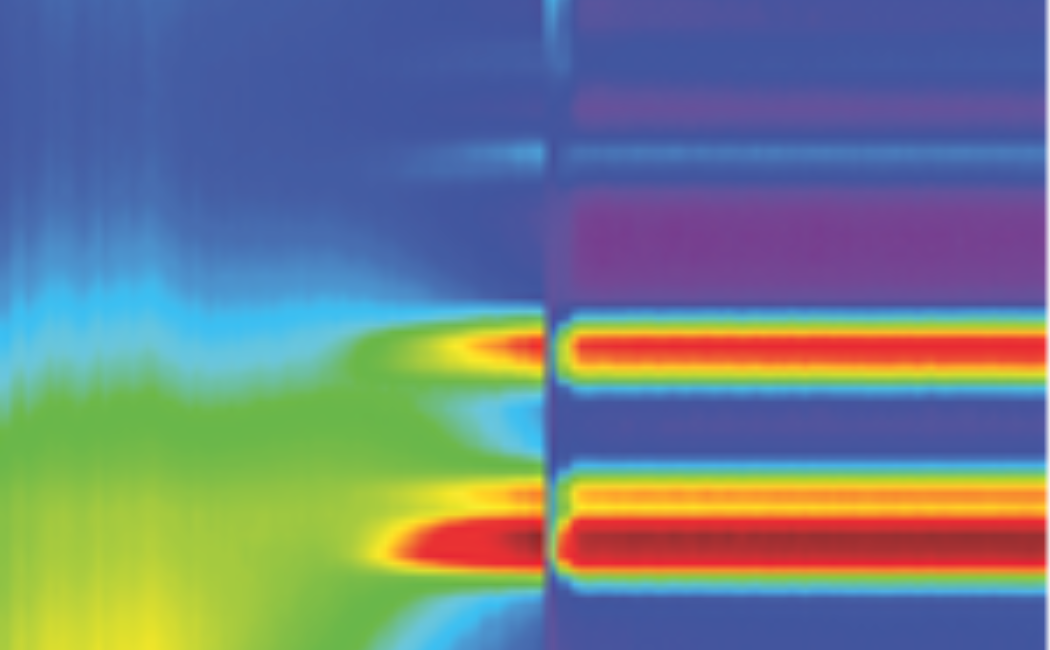
Project: High-Efficiency Perovskite/Perovskite Tandem Solar Cells
PI: Prof. Stefaan De Wolf, Prof. Thomas Anthopoulos, Prof. Derya Baran, Prof. Frederic Laquai, Prof. Udo Schwingenschlögl
Perovskite solar cells (PSCs) are rapidly emerging as a high-efficiency photovoltaic technology. Owing to their tunable bandgap, PSCs are particularly attractive for building tandem solar cells. In this context, narrow-bandgap (~1.20 eV) Sn-based perovskite bottom cells can be monolithically integrated with wide-bandgap (~1.80 eV) perovskite top cells for fabrication of all perovskite tandems. In such a configuration, the wide-bandgap perovskite sub-cell harvests the blue part of the solar spectrum while letting red and near-infrared (NIR) light pass through to be absorbed in the narrow bandgap bottom cell. Such a combination is expected to overcome the single-junction power conversion efficiencies (PCEs) limit of silicon solar cells (29.4%).
Currently, both narrow-bandgap and wide-bandgap PSCs are already being independently developed within the KAUST Solar Center (KSC) and high-efficiency baseline processes are available for these devices. In this project, we are addressing the challenge of how to integrate both technologies into monolithic perovskite/perovskite tandem solar cells. Specific points of attention for this are:
(1) The fabrication of semitransparent wide-bandgap PSCs, requiring the deposition of transparent contact stacks onto the perovskite films. To this end, broadband transparent TCOs, ETLs, and HTLs will be explored and integrated into our devices, with specific attention to processing compatibility of all layers.
(2) Exploration of efficient and highly transparent recombination junctions. This is required for effective recombination of holes and electrons that are extracted from the individual sub-cells. Besides, the recombination junction needs to be highly transparent, particularly in the red and near-infrared (NIR) range, to allow this portion of the solar spectrum to be absorbed in the narrow-bandgap sub-cell.
(3) Deposition of narrow-bandgap sub-cells. All perovskite tandem devices are completed by deposition of narrow-bandgap sub-cells on the wide-bandgap perovskite/recombination junction stacks. Here, it is critical to explore orthogonal solution deposition techniques for not damaging the wide-bandgap bottom sub-cell.
By addressing these challenges, this project aims to realize high PCE small area (0.1 cm2) and large area (1 cm2) tandem devices with PCEs higher than 25.2% and 23.0%, respectively.
Y. Hou, E. Aydin, M. D. Bastiani, C. Xiao, F. H. Isikgor, D.-J. Xue, B. Chen, H. Chen, B. Bahrami, A. H. Chowdhury, A. Johnston, S.-W. Baek, Z. Huang, M. Wei, Y. Dong, J. Troughton, R. Jalmood, A. J. Mirabelli, T. G. Allen, E. V. Kerschaver, M. I. Saidaminov, D. Baran, Q. Qiao, K. Zhu, S. D. Wolf†, E. H. Sargent† (†Corresponding author)
Science, 2020, http://doi.org/10.1126/science.aaz3691
M. D. Bastiani, A. J. Mirabelli, Y. Hou, F. Gota, E. Aydin, T. G. Allen, J. Troughton, A. S. Subbiah, F. H. Isikgor, J. Liu, L. Xu, B. Chen, E. V. Kerschaver, D. Baran, B. Fraboni, M. F. Salvador, U. W. Paetzold, E. H. Sargent, S. D. Wolf
Nature Energy, 2021, https://doi.org/10.1038/s41560-020-00756-8
E. Aydin, T. G. Allen, M. D. Bastiani, L. Xu, J. Ávila, M. Salvador, E. V. Kerschaver, S. D. Wolf
Nature Energy, 2020, https://doi.org/10.1038/s41560-020-00687-4
A. S. Subbiah, F. H. Isikgor, C. T. Howells, M. D. Bastiani, J. Liu, E. Aydin, F. Furlan, T. G. Allen, F. Xu, S. Zhumagali, S. Hoogland, E. H. Sargent, I. McCulloch, S. D. Wolf
ACS Energy Letter, 2020, https://doi.org/10.1021/acsenergylett.0c01297
M. D. Bastiani , A. S. Subbiah , E. Aydin , F. H. Isikgor , T. G. Allen, S. D. Wolf
Materials Horizons, 2020, https://doi.org/10.1039/D0MH00990C
F. H. Isikgor, A. S. Subbiah, M. K. Eswaran, C. T. Howells, A. Babayigit, M. D. Bastiani, E. Yengel, J. Liu, F. Furlan, G. T. Harrison, S. Zhumagali, J. I. Khan, F. Laquai, T. D. Anthopoulos, I. McCulloch, U. Schwingenschlögl, S. D. Wolf
Nano Energy, 2021, https://doi.org/10.1016/j.nanoen.2020.105633